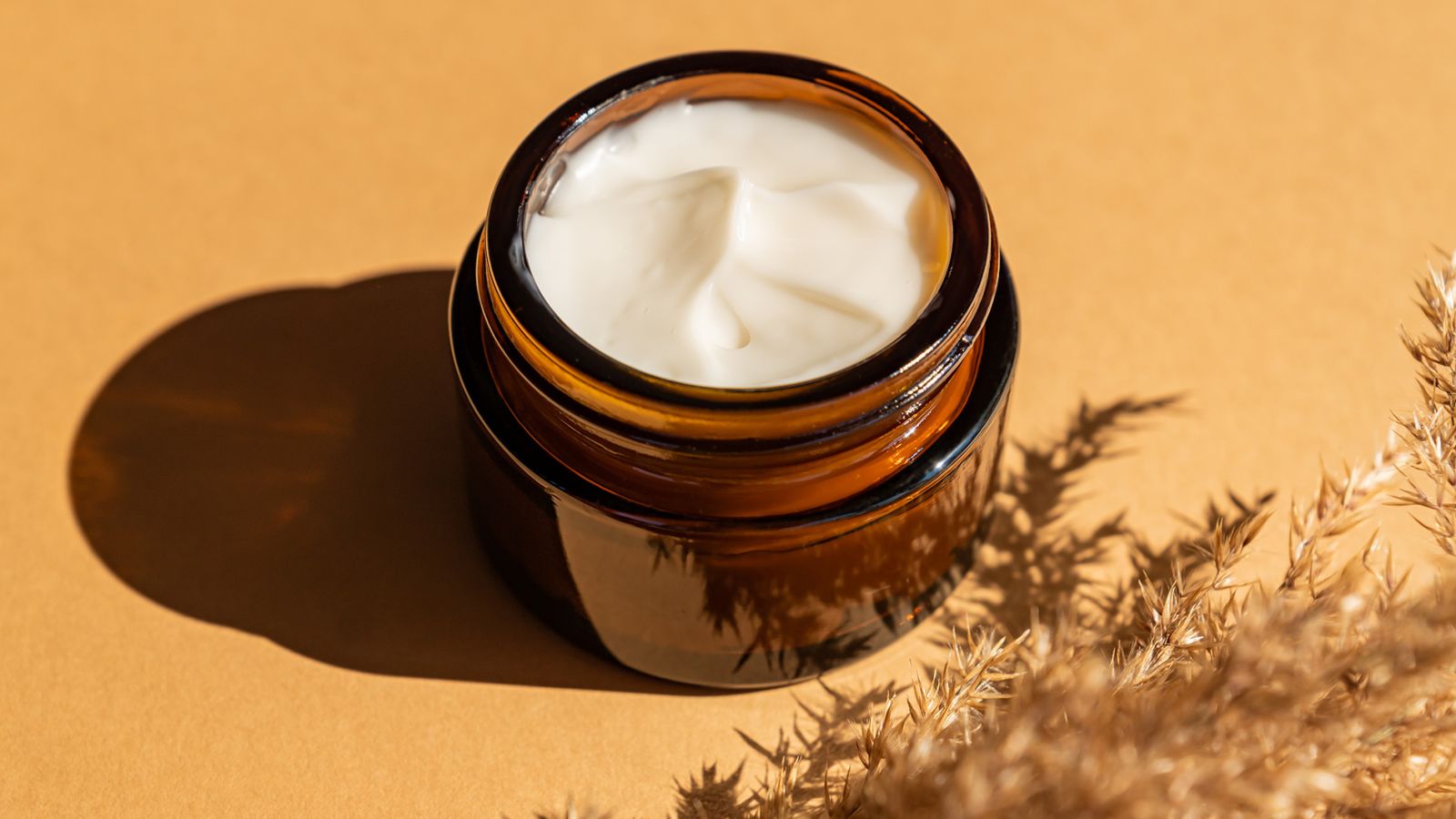The Supplication of a Menstruating Woman
Al-ʿAllāmah ʿAbd al-ʿAzīz ibn ʿAbdullāh ibn Bāz


There is no sin on the woman who is menstruating or bleeding after childbirth if she reads books of Tafsīr or even if she reads Qurʾān without touching the Musḥaf, according to the more correct of the two scholarly opinions.
Question
Is it permissible for a menstruating woman to recite the adʿīyah legislated on the Day of ʿArafah despite the fact that they include āyāt from the Qurʾān?
Answer
There is nothing wrong with the woman who is menstruating or bleeding after childbirth reciting duʿāʾ’s that are prescribed for the rituals of Ḥajj. Also, according to the correct opinion, there is nothing wrong with them reading Qurʾān as well, because there is no clear ṣaḥīḥ report that states that the woman who is menstruating or bleeding after childbirth should not read Qurʾān. It was reported that the man who is junub (in a state of impurity following sexual activity), in particular, should not read Qurʾān whilst he is junub, because of the ḥadīth of ‘Ali (may Allāh be pleased with him). With regard to the woman who is menstruating or bleeding after childbirth there is the ḥadīth of Ibn ʿUmar: “The menstruating woman and the man who is junub should not read Qurʾān” – but it is dāʿīf (weak), because the ḥadīth was reported by Ismāʿīl ibn ‘Ayyaash from the Hijaaziyeen, and he is dāʿīf in his reports from them. But she should read without touching the Mus-haf (copy of the Qurʾān in Arabic), from memory. In the case of the man who is junub, he should not recite Qur’an at all, either from memory or from the Mus-haf, until he has done ghusl. The difference between them is that the timespan for the one who is junub is very short, he can do ghusl straightaway, as soon as he finished having intercourse with his wife. He is not junub for long, and it is up to him when he wants to do ghusl; if he cannot find water, he can do tayammum (“dry ablution” using dust etc.) and pray and read Qurʾān. But the woman who is menstruating or bleeding after childbirth has no control over her situation – it rests with Allāh, may He be glorified. The period lasts for a number of days and nifās (post-natal bleeding) is the same. So it is permissible for them to recite Qurʾān so that they do not forget it and so that they do not miss out on the blessings of reciting Qurʾān and learning the rules of sharīʿah from the Book of Allāh. If that is the case, then it should certainly be permissible for them to read books containing duʿāʾs that are a mixture of āyāt and aḥādīth, etc… this is the more correct of the two opinions of the scholars, may Allāh have mercy on them.1
Question
I read some Tafsīrs (Qur’anic commentaries) when I am not taahir (ritually pure), such as during my monthly period. Is there any sin on me for doing that? Will I be committing a sin if I do that?
Answer
There is no sin on the woman who is menstruating or bleeding after childbirth if she reads books of Tafsīr or even if she reads Qurʾān without touching the Mus‘haf, according to the more correct of the two scholarly opinions. As for the man who is junub, he should not read Qurʾān at all until he has done ghusl, but he can read books of Tafsīr and ḥadīth etc., without reading whatever they contain of āyāt, because of the report that nothing would stop the Prophet (peace and blessings of Allāh be upon him) from reading Qurʾān except janaabah (being junub). According to a ḥadīth narrated by Imām Aḥmad with a jayyid isnād, he said: “As for the man who is junub, he should not read even one āyah.”2
Endnotes:
[1] Fatāwá Islāmiyyah (1/239)
[2] Fatāwá Islāmiyyah (1/239)
Most Popular: Last 30 Days















